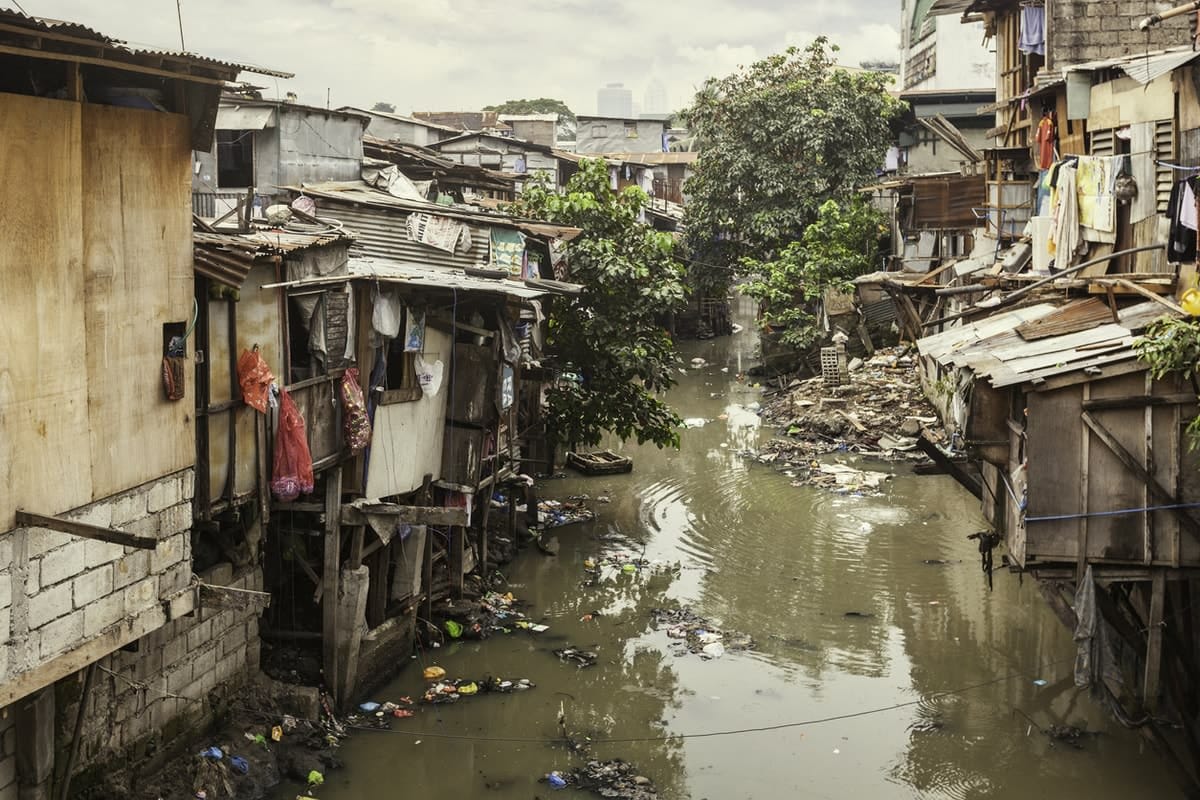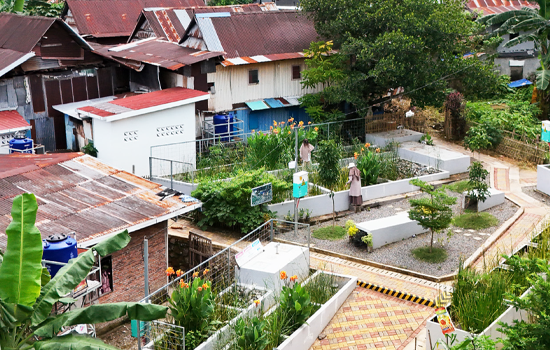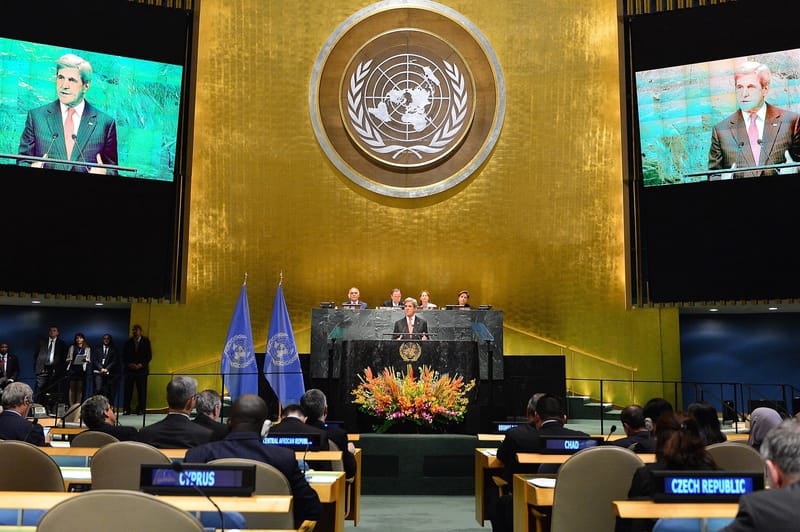
COVID-19 is a planetary health epidemic – a striking illustration of how human health and planetary health are interconnected.
When we disrupt the natural environmental systems people depend on, when populations collide with exotic wild animals in a wet market, we find ourselves confronted with a global pandemic.
We need to respect our environment to save our own health. This isn’t just true for COVID-19, but for pollution, climate change-driven bushfires, sanitation, and clean water.
The concept that planetary health can affect human health isn’t new, but has historically received little research funding or public attention.
For those of us living in urban, developed cities, where clean water runs abundantly from the tap, sewage is flushed out of sight, and food often comes wrapped in plastic, it’s easy to forget the interconnection we have with the natural world.
After all, over the past century, on average, health and life expectancy has dramatically improved.
What’s becoming clearer and more urgent is the recognition that some of these gains have come at a cost to our environment. As the damage to natural systems accumulates, we risk eroding many of the advances we’ve made to human health.
This can clearly be seen in some of the world’s most vulnerable communities.

In many nations across Southeast Asia and the Pacific, the most critical issue for people living in urban informal settlements (commonly called urban slums) is access to safe and affordable water and sanitation; the lack of it is one of the leading causes of death, particularly for children under five.
It’s also where our Australian-led research is helping to uncover the extent of the interconnectedness of our environment and human health. Our research, called Revitalising Informal Settlements and their Environments (RISE), is looking at how the relationship between people and their environment affect each other, and how interventions can support outcomes for both.
The hypothesis is that when you improve the environment in these communities, you improve water and sanitation, and can help slow or stop the spread of disease. This task has grown even more urgent, but more difficult to implement, in the wake of COVID-19.
Read more: RISE Indonesia: Revitalising informal settlements in Makassar
Traditional research might investigate these issues separately – how to help children with diarrhoea, or how to encourage more hand-washing, or how to clean the environment.
But when we look at these issues together – in a way that aims to address the connection between environmental and human health, designed in partnership with the community – you create a more harmonious, systematic and long-term solution.
This is a task not only for developing countries and informal settlements, but for humanity at large.
By taking this approach, we can also begin to understand how changes to the environment can affect human health in ways we may not have anticipated.
The true meaning of sustainability
This brings us closer to the true meaning of the word “sustainability” – often used in the context of the environment – but it’s also about our overall capacity to sustain, to endure.
As a recent editorial in The Lancet Planetary Health put it: “Sustainability is the ability of a society to make choices that are beneficial to its long-term survival … it is crucial that we do not forget that it is the choices that our societies make that will determine the planet’s future and, consequently, our own”.
Let’s take what we’ve learned from our COVID-19 experience to radically rethink the relationship between our environment and human health.
Let’s invest in collaborative, new research approaches to understand this better, so we can truly improve policies and investments to make them fit for the 21st century – for the sake of the planet, and ourselves.





